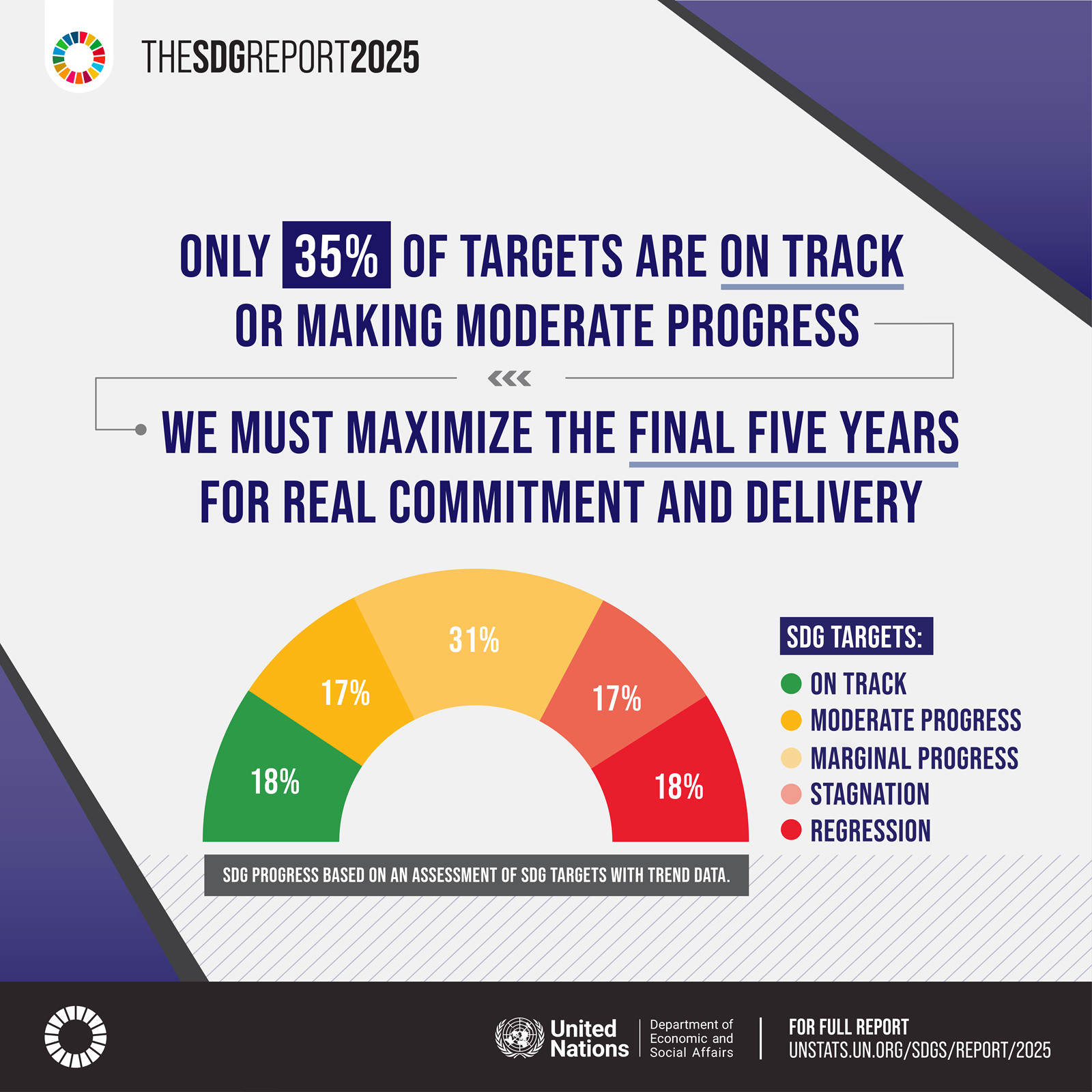Photo: Kimbowa Richard
In a High Level meeting that was held at Imperial Royale Hotel in Kampala on August 20, 2025, that brought together representatives from Civil Society Organizations (CSOs), Trade Unions, Uganda Electricity and Distribution Company Limited (UEDCL), Kampala City Council Authority (KCCA), Mayors and Town clerks from towns and cities including Kampala, Jinja, Gulu, Hoima, Fort Portal, and Mbarara, CSOs and trade unions made a call for improvement in sustainability in key sectors and worker’s rights in Uganda
In a statement presented to the meeting, CSOs and trade unions noted that, ‘Despite progress achieved, such as structured engagements with KCCA on waste workers, advocacy on energy renationalisation, and improved community awareness, persistent gaps in policy, financing, enforcement and governance continue to undermine quality public service and workers’ rights’.
The CSOs and trade unions note that there are still several gaps in the various service sectors that need to be addressed urgently, not only in line with the Global Goals (Agenda 2030), but also to achieve the country's goal of attaining middle-income economy status. They had a particular focus on the water, electricity and waste management sector.
On waste management, the CSOs and trade unions observed that the obsolete KCCA solid waste management Ordinance (2000) needs to be reviewed to clarify employer responsibilities between KCCA and the partner institutions – the Savings and credit Cooperative Societies (SACCOs) with whom they work, among other things, to define who the real employers of waste workers in Kampala are.
The CSOs and trade unions also highlighted the challenges of a high level of casualisation, precarity, and a lack of decent jobs for workers in this sector, as well as an over-reliance on the police for dispute resolution, which could be handled internally by KCCA.
Furthermore, they noted that poor job security, inadequate personal protective equipment and lack of occupational health protection undermine the smooth operations in the waste management sector.
The absence of comprehensive waste categorisation and inclusive policies, coupled with low pay for the waste workers that does not meet the tenets of decent work and ensure social protection, were also singled out as other challenges for the waste management sector.
As part of the recommendations, CSOs and trade unions urge policymakers & Government to review and replace the obsolete KCCA Solid Waste Ordinance, providing a clear legal definition of employer responsibility; and introduce comprehensive waste categorisation and public education campaigns (incorporating media outreach, training of trainers).
The CSOs and trade unions took note of the process launched by the Ministry of Local Government for a new solid waste management policy, where Raphael Magyezi, the Minister of Local Government, emphasised the importance of citizens adopting practical habits such as separating waste at source (the household level) and recycling. In this regard, the CSOs and trade unions call upon policymakers & Government to adopt a comprehensive waste management policy that is developed through a bottom-up approach involving unions, CSOs, and communities.
For the attention of Local Governments (city, municipal and town mayors), the CSOs and trade unions call for an increase in budget allocation to strengthen waste infrastructure, allocating adequate resources for the provision of personal protective equipment, health education and awareness campaigns. They also call upon local government to regularise waste workers within the framework of the Employment Act, recognising them as formal employees with rights and protections.
The CSO and trade unions’ statement also calls upon local governments to strengthen collaborative platforms with CSOs and unions, and enact local ordinances guiding waste management tailored to local contexts, put in place local ordinances to guide waste management in the various jurisdictions and to develop partnerships with the informal sector, especially the vendors, to find innovative and sustainable ways of waste management.
The CSO and trade unions’ statement was developed through a Public Services International (PSI) - German Trade Union Confederation (DGB Bildungs Werk) Project: Promoting Transparency and Decent Work in Supply Chains in Electricity, Water and Waste Services in Sub-Saharan Africa Phase II (2023–2025).
In Uganda, PSI-affiliated trade unions in the water, waste, and electricity sectors have, since 2020, been actively engaging with relevant government ministries, local governments, including city mayors and other local authorities, through dialogues, to promote transparency in public service supply chains and ensure decent working conditions. Throughout the course of this initiative, PSI-affiliated trade unions have worked collaboratively with CSOs in the same sectors.


No comments:
Post a Comment